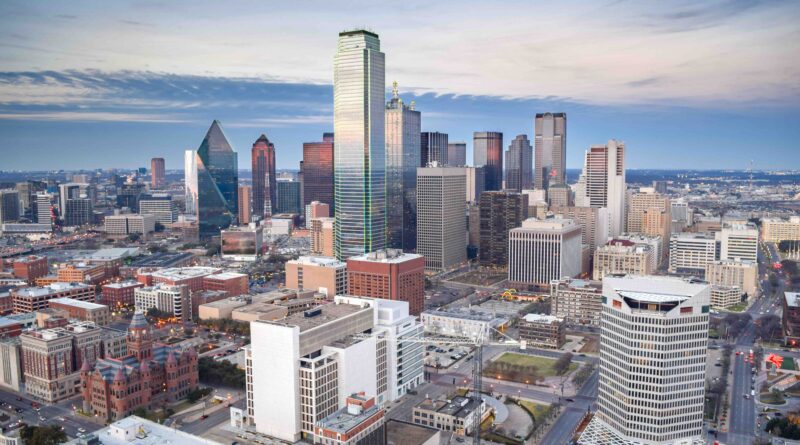Study Calls US Infrastructure Spending a “Climate Time Bomb”
The United States persists in investing billions of dollars in expanding vast highways instead of prioritizing public transportation, as emphasized by a significant infrastructure bill championed by Joe Biden. Critics argue that this approach further strengthens the supremacy of cars, detrimentally impacting communities and exacerbating climate concerns.
According to Mother Jones, however, this stance prompted a backlash from Republicans in Congress and been mostly overlooked by states such as Texas and even California, considered a progressive bastion of climate policy, that have pushed ahead plans to add more and more lanes to highways.
“So much of the decision making falls to state departments of transportation,” said Mary Buchanan, research and policy manager at TransitCenter, a foundation that aims to improve public transit in the US. “There are essentially 50 opportunities to get this right, I guess, or to potentially get it wrong, in terms of how money is being spent.”
The result is that the US will generate more emissions from transport, already its largest source of planet-heating gases, as a result of the infrastructure bill than if it hadn’t passed, according to Salerno. “You have to essentially walk down this giant cliff of emissions that we’re creating into the future because once these highways are built, there’s not really an easy way back from that,” he said.
The US’s fixation with hulking roads—along with the growth of supersized cars that are responsible for about 40,000 deaths a year in accidents, a toll that has ticked up in recent years—has led to calls for a rethink. This month, around 200 climate, biking and walkability groups called for a national moratorium on highway expansions due to the ills they bring.




